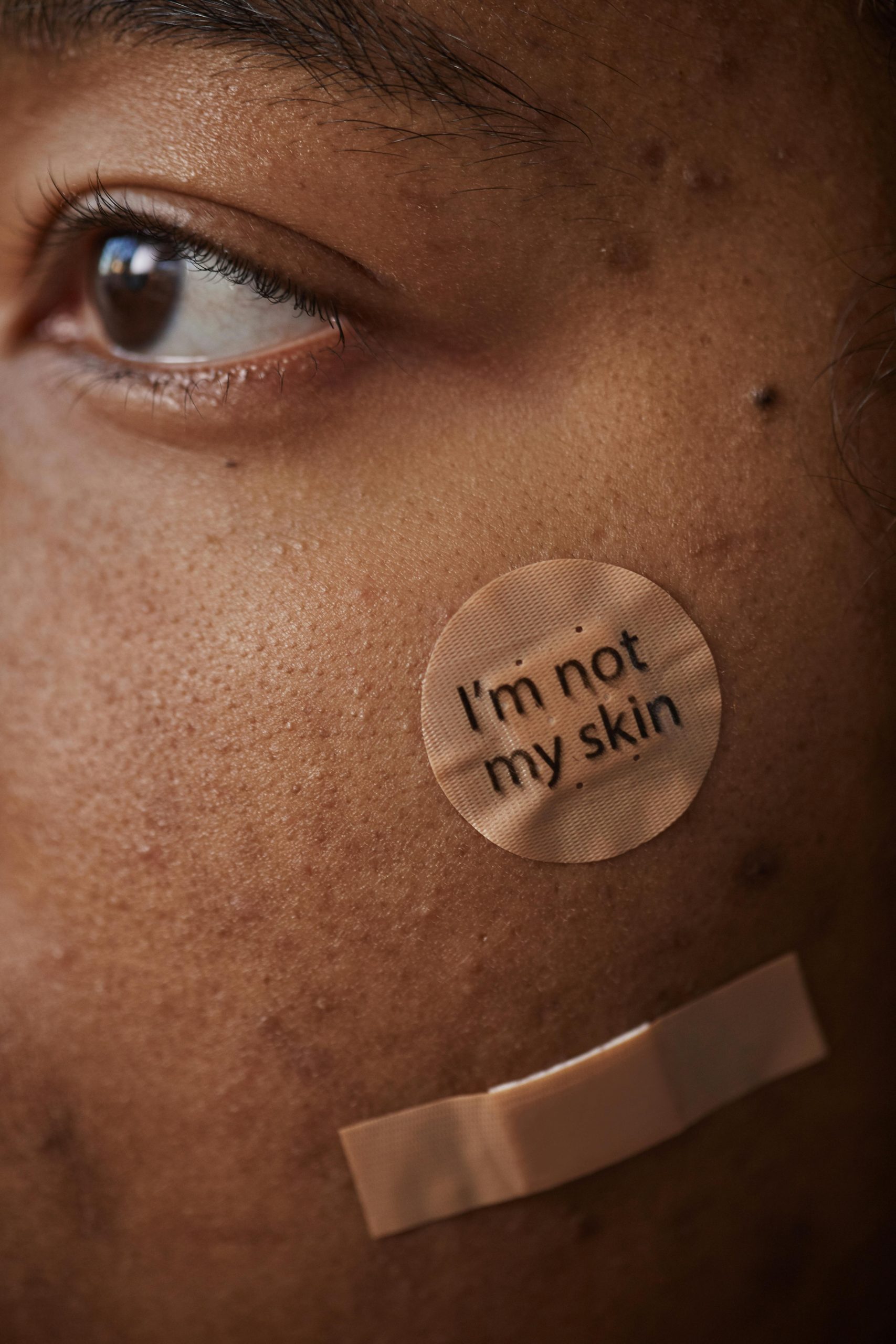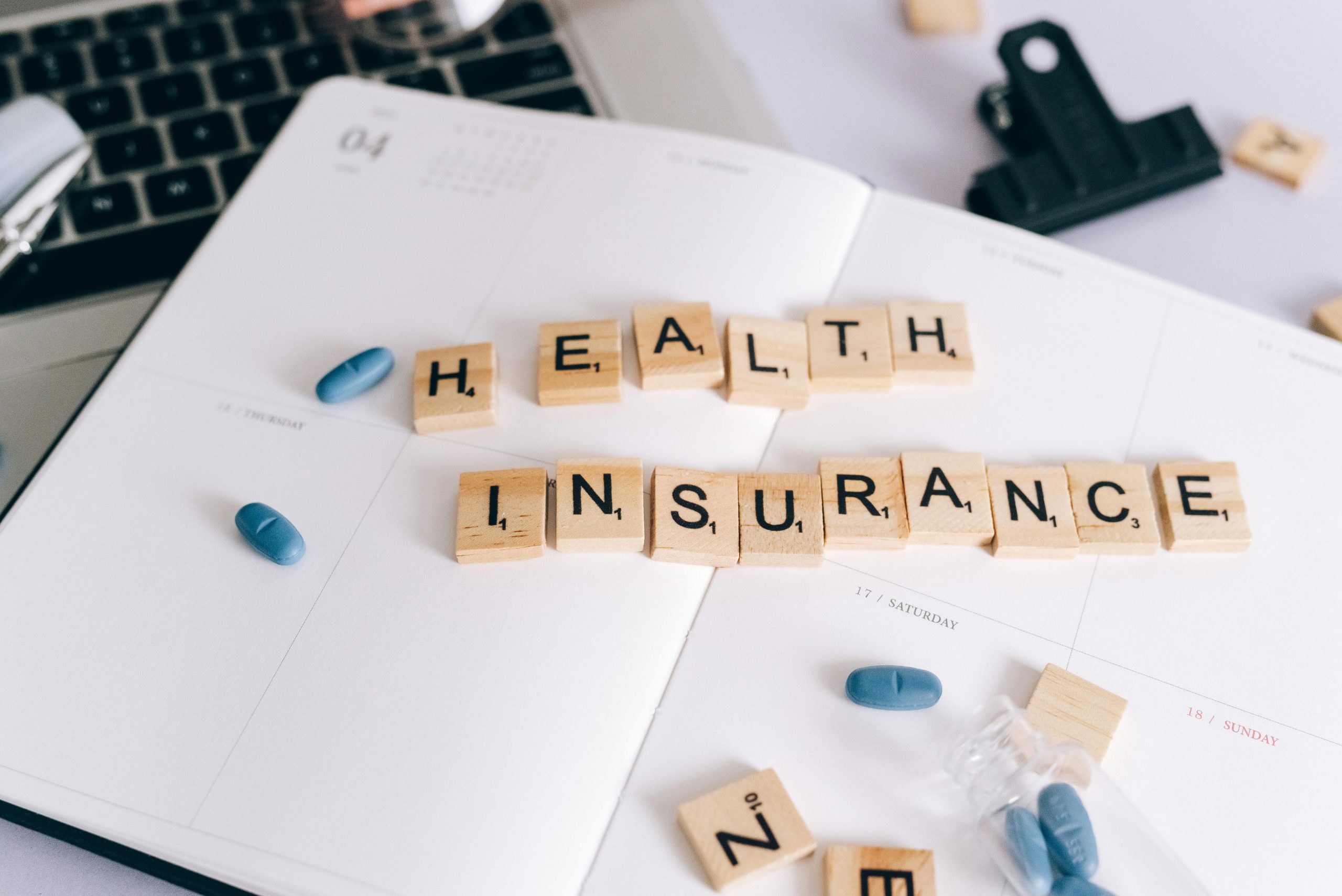Partially At Fault for an Accident I Wasn’t Involved In: Seeking Advice
I’m facing a perplexing situation: I’m being found partially at fault for an accident I didn’t even partake in, and I could really use some guidance. Here’s what happened:
While driving up to a busy intersection with non-functional traffic lights, I was positioned in the left turn lane, patiently waiting for my turn to go. Cars to my left began to cross, and once they passed, it would be my turn to proceed. As I was about to pull out, I noticed another car behind those crossing vehicles that was approaching the intersection without stopping, even though it clearly wasn’t their turn.
As I started to move forward slightly, I hoped they would halt, but when they didn’t, I decided to stop and let them pass. At that point, I was in the intersection but not obstructing their path; it seemed they could navigate around me without any trouble. However, instead of continuing past me, they abruptly swerved to the left. It looks like they either didn’t see me or thought I was still moving, and they ended up colliding with another vehicle in the adjacent lane that also proceeded without the right of way.
Since I didn’t think I’d been part of the incident, I drove away. About a week later, I received an email stating a claim had been filed against me. The vehicle involved was a Tesla, which captured footage of my license plate.
I reached out to my insurance adjuster, who informed me that the police report held me at fault based on the Tesla’s video evidence, which supposedly showed I didn’t have the right of way and went when it wasn’t my turn. When I inquired about reviewing the footage, the adjuster mentioned the attorney on the other side had only submitted footage from the Tesla’s side camera. They refused to provide footage from the front camera, and despite my adjuster’s observations that there was another car ahead of the one that swerved, which indicated that the latter didn’t have the right of way, the attorney dismissed this notion.
I do have a dashcam that could have provided evidence, but I hadn’t saved the footage in time, and it had been overwritten by the time the claim was filed. I provided a detailed statement to my adjuster about my version of events. I even contacted the insurance companies for the other two vehicles (both with GEICO), and they indicated they were accepting full liability for the car that swerved, stating my statement wasn’t necessary.
A couple of weeks later, my adjuster informed me that due to the police report citing video evidence placing me at fault, and since both claimants agreed on my liability, they would accept 50% responsibility and pay out benefits to the injured parties.
Is there anything I can do at this point? I requested the body-worn camera footage, but it entails a fee of $245 and won’t be ready for 6–9 months, which seems futile. As a claims adjuster myself, I’m shocked and unsure of my next steps. Any advice would be greatly appreciated!




It sounds like you’re in a frustrating situation, especially since you believe you were not at fault in the accident. Here are some steps you can take to address this issue:
Review the Police Report: Obtain and thoroughly review the police report again. Look for any discrepancies or statements that may support your case. If there are errors, make note of them.
Contact the Officer: If possible, reach out to the officer who wrote the report. Explain your side of the story and ask if they can clarify their findings, especially regarding the video evidence cited. Sometimes, law enforcement may be able to provide additional context that can help your situation.
Gather Any Available Evidence: While you mentioned that your dashcam footage has been overwritten, check if there are any nearby businesses or traffic cameras that may have captured the incident. Sometimes, this footage can provide a clearer picture of what happened.
Consult with a Traffic Accident Attorney: Given the complexity of this situation, it may be beneficial to consult with a traffic accident attorney who can provide legal advice specific to your circumstances. They can help you understand your options and potentially negotiate with your insurance company.
Challenge the Decision: If you believe there is enough evidence to refute the findings in the police report, discuss this with your insurance adjuster. Present any findings, witness accounts (if applicable), or other information that supports your claim of innocence.
Request Further Investigation: Given that the other drivers involved are also making claims against you, ask your adjuster to reconsider the acceptances of liability. Highlight the fact that the other car hit the car ahead of you and that they were traveling without the right of way.
Monitor Your Insurance Statements: As you go through this process, keep an eye on any communications from your insurance company regarding liability chargebacks or any changes to your coverage as a result of this incident.
Document Everything: Keep records of all communications, including dates, names, and details of discussions with your adjuster and any correspondence related to the accident.
Stay Informed: Since you’re a claims adjuster, leverage your understanding of the insurance claims process to engage with your adjuster more effectively. Ask pointed questions about their decision-making process and the evidence they are using.
Consider Mediation: If negotiations with your insurance adjuster don’t yield results, a mediation process could be another avenue to explore.
Navigating through claims and liability can be challenging, especially as an insider in the industry. Stay proactive in gathering evidence and advocating for your position. Good luck!